What we do
Organizations and individuals committed to achieving their goals place their trust in Red Banyan.
Our team maintains longstanding relationships across global media, working at the cutting edge of digital communications and employing a revolutionary strategic approach.
We have two main types of clients: Those who want to get into the press—and those who need to get out.
We build and bolster their brands, craft perceptions that become reality, influence public opinion, and protect reputations and bottom lines.
Case Studies
In today’s polarized political climate, businesses are often pressured to weigh in on hot-button issues.
However, the public statements and personal opinions of business owners and employees can become sources of destructive controversies that damage reputations and even threaten to put companies out of business.
Red Banyan helps businesses, senior corporate executives, and public figures successfully navigate complex public sentiment and recover following problematic or misinterpreted actions.
Business Jeopardized after Ill-Advised Social Media Post Goes Viral
When an employee’s social media post containing controversial political opinions goes viral, a small business finds itself in the crosshairs of angry customers and politically active groups demanding a boycott.
Red Banyan’s cancel culture experts quickly assess the extent of the reputational damage and assemble a comprehensive plan to contain the crisis while preserving relationships with vendors and customers under pressure to cut ties with the company. Counseling the business owners through every step of the crisis, Red Banyan contains the backlash, saves key relationships, and prevents the organization from going bankrupt.
In the era of “cancel culture” one wrong social media post, public statement or careless mistake can spark an unstoppable barrage of controversy and consequences.
Red Banyan’s experienced and effective cancel culture PR professionals guide public figures and celebrities, prominent business leaders, organizations, and individuals through the storm, protecting their revenues and reputations.
Social Media Influencer Survives Online Mob Following Public Scandal
After unfortunate details related to an online personality’s private life are made public, this well-known influencer enlists Red Banyan’s crisis PR experts to stop an online mob from causing long-term damage.
Red Banyan’s team moves swiftly by providing decisive counsel that corrects misinformation, halts the momentum of public attacks and stops sponsors from terminating partnership deals. The team then formulates and executes a strategy that gradually returns the situation to normal, putting the controversy firmly in the past.
Clients trust and rely upon Red Banyan when it comes to repairing and defending their most valuable asset: their reputation.
In this hyper-connected age, reputations built over a lifetime can crumble in mere moments.
Online and offline, our digital and PR specialists Press the Truth,® ensuring clients receive a fair shot at countering false or misleading information and setting the record straight.
Google Search Emphasizes Lawsuits and Negative Stories About CEO, Damaging His Reputation and Hurting the Business
Red Banyan draws on its digital communications expertise to devise a multi-faceted strategy that dramatically improves the CEO’s online presence and reduces the impact of negative search engine results. Positive media stories help the business rebound and the executive regain his personal reputation.
Red Banyan has been retained by numerous industry-leading corporations for both proactive and reactive communications services.
We have helped companies multiply revenues and accelerate brand awareness by successfully introducing new products, services and organizations to the market. Our team is skilled at developing creative avenues to generate and sustain public interest over time.
We also work directly with executives on messaging, speechwriting, op-eds, media training, and overall public profile enhancement.
Company Garners Major Positive Media Coverage Around Milestone Event
Red Banyan secures invaluable national, regional and local exposure in television, print and online news segments including National Public Radio and PBS Nightly Business Report when a fast-growing company celebrates the ribbon-cutting at its new headquarters. The company uses the positive press to attract and retain talent and position itself as a technological innovator and economic leader responsible for creating hundreds of high-quality jobs.
Red Banyan has been engaged by sovereign nations and institutions on a range of initiatives involving U.S. and international media.
We are well-versed in the subtleties of working with foreign governments and are comfortable navigating political sensitivities when the stakes are high and margin for error nonexistent.
Foreign Government Looks to Secure Fair Treatment and Vital Support in Washington
In the wake of critical press coverage and negative, unfair characterizations of its policies and leadership, the Embassy of a European government turns to Red Banyan to set the record straight in Washington. Red Banyan leverages its deep contacts and communications expertise to deliver accurate information to the Administration and Congress that corrects misinformation and bolsters support for the country among policymakers.
Working alongside legal counsel and senior managers, Red Banyan helps organizations facing the prospect of bankruptcy to successfully navigate the many sensitivities that come with reorganizing.
Our experts act fast to preserve revenue and reputation, empowering companies to communicate with the clarity and confidence they need to position themselves for renewed success.
Company Navigates Bankruptcy While Preserving Customers and Reputation
In the wake of COVID-19 a national gym chain faced with the prospect of losing its members and damaging its brand as a consequence of reorganizing in bankruptcy, enlists crisis PR help. Red Banyan successfully guides the company through its external and internal communications efforts in order to calm distressed employees, retain customers, minimize media exposure and preserve brand equity and the company’s valuation.
Since its inception, Red Banyan has proudly served a number of dynamic mission-driven and non-profit organizations.
We collaborate closely with leaders from across the political and social spectrum on a variety of causes and issues.
Nonprofit Uses PR to Drive Record-Breaking Financial Support
In the service of a worthy nonprofit, Red Banyan employs strategic communications to galvanize current supporters and attract new ones who break event attendance and fundraising records. Financial contributions increase by double-digit percentages year over year while dozens of feature pieces in broadcast and print dramatically elevate the profile of the institution and increase public awareness of its work.
Red Banyan Shines National Spotlight on Museum Targeted by Hate
After someone spray-painted racially charged imagery on an exterior wall of The Florida Holocaust Museum in St. Petersburg, FL, museum officials sought guidance on how to appropriately respond.
Our crisis management experts formulated a PR strategy to ensure this event was picked up by Jewish news outlets across the country, as well as the national mainstream media and turned this hateful act into something positive and ultimately beneficial for the community.
Our crisis management experts immediately formulated a PR strategy to turn this hateful act into something positive and ultimately beneficial for the community. The result was a “Unite Against Hate” community gathering that was attended by people of various races, religions and political beliefs. The purpose was to celebrate education and take a stand against ignorance.
Red Banyan’s crisis PR team also helped The Florida Holocaust Museum secure support from the White House, which sent a powerful letter that was read aloud at the event by the Museum’s executive director.
Red Banyan’s extensive crisis management expertise helped the Museum use this ugly affair as an opportunity to raise support and donations from a broad cross-section of the community.
Organizations and individuals faced with legal challenges cannot afford to remain silent and allow biased or inaccurate reporting of their case.
Red Banyan works in lockstep with counsel to combine legal and PR strategies that win in court, but also in the court of public opinion.
We are proud of our work exposing illegal and unethical activity, and have helped whistleblowers, as well as plaintiffs and defendants, before, during and following settlement or trial.
Lawyers Representing Victims of Financial Fraud Look to Expose Wrongdoing and Pursue Justice
Red Banyan uses press outreach to attract additional victims, growing the class action lawsuit from a single victim with claims of $30,000 to $35 million in stolen funds and dozens of plaintiffs from nearly 50 states. We expose the hiding criminal, and media coverage produces a tip leading to his arrest and a 20-year prison sentence.
A PR crisis can strike at any time and misinformation spreads rapidly.
Press the Truth® is Red Banyan’s proven and proprietary approach and system for effectively taking control of public narratives to protect revenues and guard against reputational damage.
We fight tenaciously, journalist by journalist, online post by online post, to advance our clients’ interests and ensure their stories are told.
Company Seeks to Salvage Reputation and Retain Customers in Wake of Slanderous Accusations
Red Banyan leaps into immediate action to assist a company whose revenues were being decimated by slander from an ex-employee who set up a rival business and solicited its customers. As legal action commences, crisis counselors at Red Banyan develop and implement a PR strategy to handle the crisis, safeguard against further attacks, expose the actions of the organization’s adversary, and rebuild trust with customers while lifting morale among the company’s employees and partners.
We draw on our experience and relationships with international, national and local journalists, interacting with the press on behalf of clients and providing media training, analysis, and action plans.
International CEO Prepared to Handle Top Tier Media Interviews
Red Banyan transforms a highly accomplished CEO with little press experience into a confident spokesman equipped to conquer the toughest TV and print interviews. A one-day intensive training prepares this leader to skillfully deliver his key messages, define the direction of his media interactions and handle aggressive questions on any topic.
How we do it
Client-Centric Approach
Every client is different, each having different challenges and different goals. Understanding that, our process is collaborative, built around trust, and custom to you.
Once we understand what you want to accomplish, we utilize our years of experience in crisis management and strategic communications, addressing a wide variety of business challenges across a broad range of industries to meet your goals.
The More Complex, The Better.
We do our best work with nuanced messaging that demands creativity and strategic thinking. As a PR and Crisis Communications Agency, we know how to listen carefully to our clients, ask the right questions and deliver clear and consistent messaging with a corresponding a set of initiatives that will exceed client expectations.
A Bias for Action.
Shaping the message before someone else does or inserting our clients into breaking news depends on a PR agency with speedy and strategic outreach. A bias for action, whether pitching a story, posting to social, or responding to client requests is in our DNA.
Our Team is Your Team
We are writers, marketers, strategic thinkers, problem solvers, collaborators, and above all PR professionals doing crisis management, reputation repair, public relations, and strategic communications work for our clients globally — wherever and whenever needed.
We come to Red Banyan from a range of industries with varied backgrounds and experiences. This cornucopia of talent allows us to create innovative solutions and deliver results for our clients.
We work day in and day out to ensure that our clients reach unprecedented levels of success, meeting whatever goals are set out for us.
“It is rare to find a PR firm like Red Banyan that can successfully execute in so many diverse areas of public and media relations. This is a firm that actually knows and understands business. The unparalleled talent and passion for their work combined with the wealth of media contacts that Red Banyan offers will far exceed the highest expectations you may have for your PR firm. We consider Red Banyan essential to our success and highly recommend them!”
– Cathy Jackson Lerman, Principal, Lerman Law Firm
THE BANYAN BLOG
In a world flooded with information, understanding what makes news and why something is considered newsworthy...
In the quest for brand recognition and influence, the allure of a national media presence is...
Red Banyan CEO Evan Nierman is scheduled to speak at the Make BIG Happen Summit in Miami...
Crisis communications expert Evan Nierman, founder and CEO of Red Banyan, is featured in the new...
A common misconception among business owners is that public relations is just another marketing tool. It...
By Evan Nierman The passing of Senator Joseph Lieberman is an occasion to be marked with...
By Evan Nierman Former CNN anchor Don Lemon’s provocative and testy interview with Tesla CEO Elon...
Red Banyan is delighted to announce it has hired Zach Klein as Senior Account Manager in...
Influencer marketing has emerged as a powerful tool in the arsenal of public relations professionals: it...
As seen in:

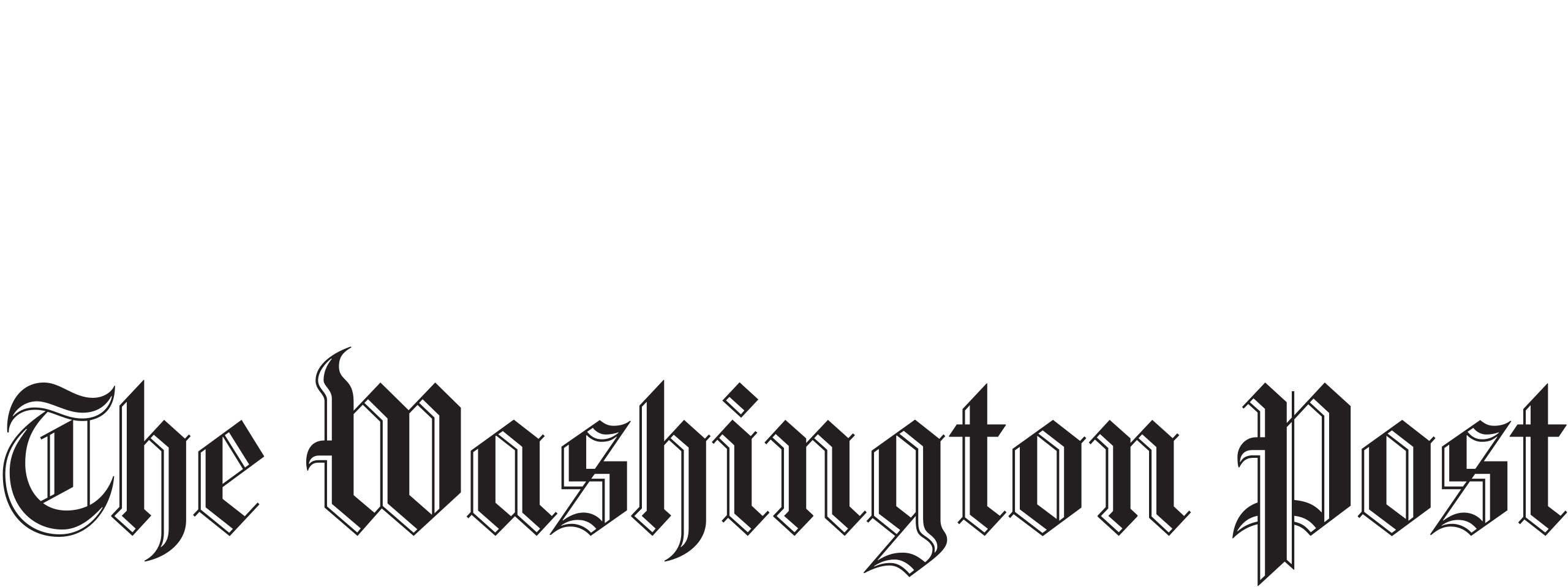



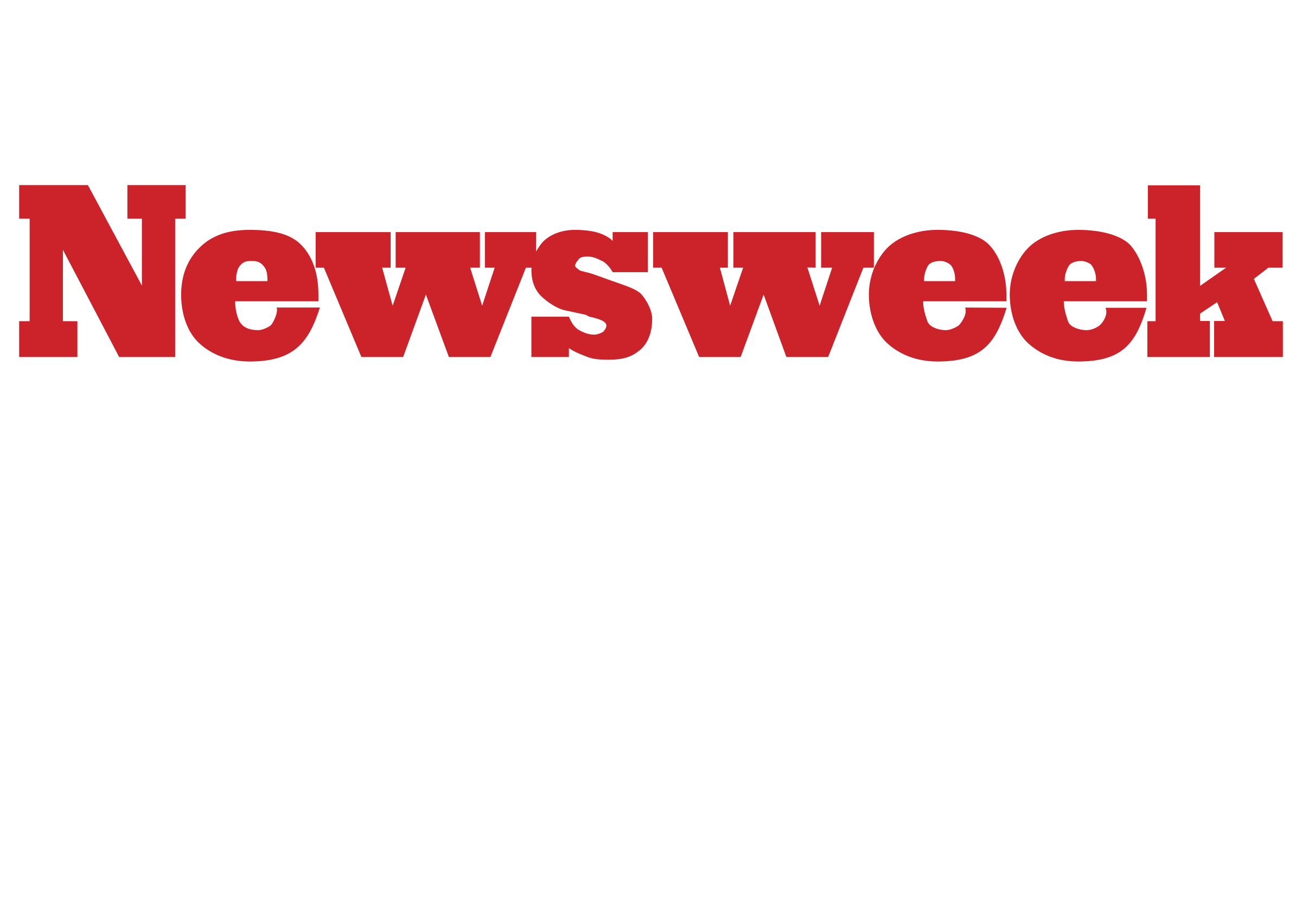



















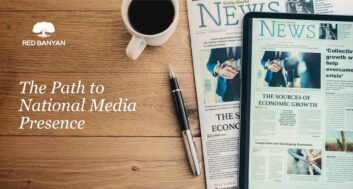
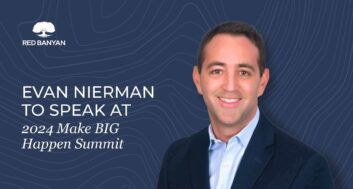
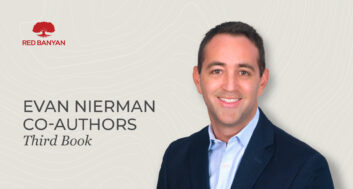

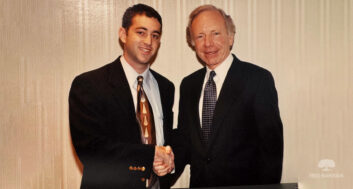

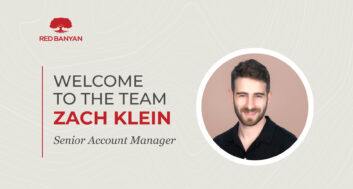

Red Banyan’s dedicated social media team provides complete social media management services, including community monitoring, content creation, and ongoing strategic guidance that help increase overall engagement across platforms.
Educational Institutions Drive Leads and Engage Current Students
Working with various educational institutions, Red Banyan exponentially increases their enrollment, social media followings and community engagement by crafting compelling content across multiple social media platforms including Facebook, Twitter, Instagram and LinkedIn. Utilizing cutting-edge tools, Red Banyan’s social media experts exercise full editorial oversight, distinguish each brand and create new avenues of communication with target audiences.